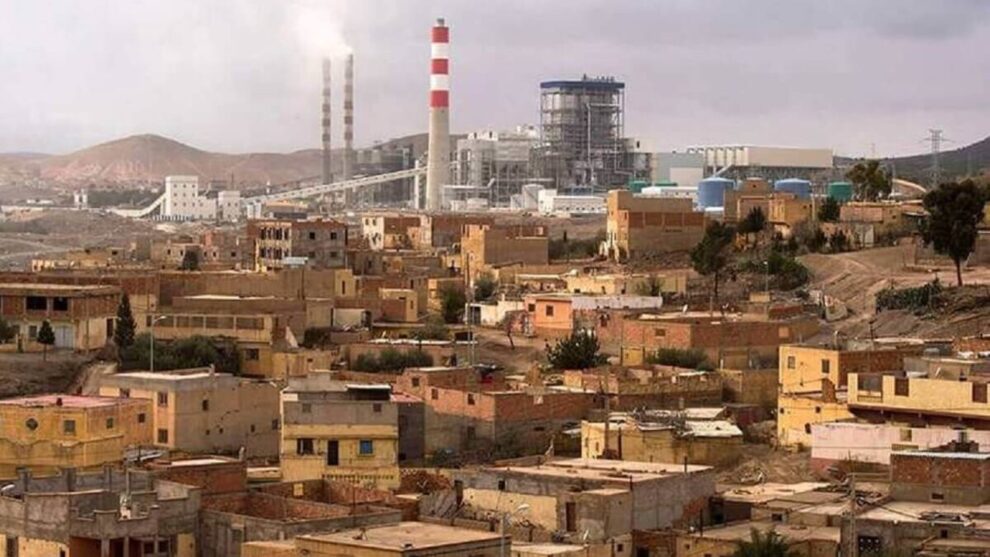The shortage of fertilisers caused by the current geopolitical tensions marked by the ongoing war in Ukraine and the persistent conflict between Israel and radical Palestinian organisations such as Hamas makes the Moroccan kingdom an important player due to its preponderance in the phosphates and fertilisers sector, which is key to global food supply.
Fertilisers are a basic element in ensuring global food security. Morocco is a major producer of phosphates and therefore a key player in the manufacture of fertilisers. From this position, the North African country has seen its exports of this raw material and fertilisers increase exponentially in the current scenario. Phosphates account for 20% of Morocco’s exports and contribute 5% to its Gross Domestic Product, according to recent data. In 2022, the North African country saw a 54.8% increase in phosphate exports compared to 2021, bringing in revenues of nearly €10bn.

Phosphate is the natural source of phosphorus, an element that provides a quarter of all the nutrients plants need for growth and development. Phosphorus is used in many products and is an essential ingredient in all fertilisers. This is a measure of the importance of the sector.
Now, Morocco’s state-owned phosphate company OCP is forecasting a total investment of 44.3 billion dirhams (just over 4 billion euros) by 2023, according to a report recently submitted by the company that complements the nation’s draft Finance Law for 2024.
The report, published by the Moroccan Ministry of Finance, reveals that OCP’s revenues reached 37.56 billion dirhams (€3.439 billion) last June, a decrease of 65% compared to the same period in 2022.
This investment plan is part of the OCP Group’s strategy for the period 2023-2027, during which the company plans to implement an investment programme estimated at around 130 billion dirhams (around €11.9 billion).
Morocco has 70% of the world’s phosphate reserves, and the OCP company is responsible for extracting, processing, manufacturing, exporting and maximising the value of phosphate.
The OCP group focuses on two basic pillars of action today: respect for the environment and improving competitiveness.
The company seeks sustainable development and the transition to a carbon neutral production chain. OCP’s Green Programme for the period 2023-2027 aims to strengthen the company’s position in the sustainable fertiliser sector and improve its competitiveness, as reported by Morocco World News.
As part of this plan, OCP aims to produce 20 million tonnes of carbon-neutral fertilisers by 2027. This would be done through an investment of 20 billion dirhams (1.8 billion euros) for the local production of green ammonia, which aims to reduce the need for imports.
There are also plans to invest 11 billion dirhams (just over 1 billion euros) in the development of renewable energy, with the aim of reaching a capacity of 5 gigawatts to guarantee a stable and sustainable energy supply for the group.
In addition, 23.5 billion dirhams (2.15 billion euros) has been allocated to projects focusing on the construction of desalination plants and the reuse of treated wastewater.
Source: Atalayar
















